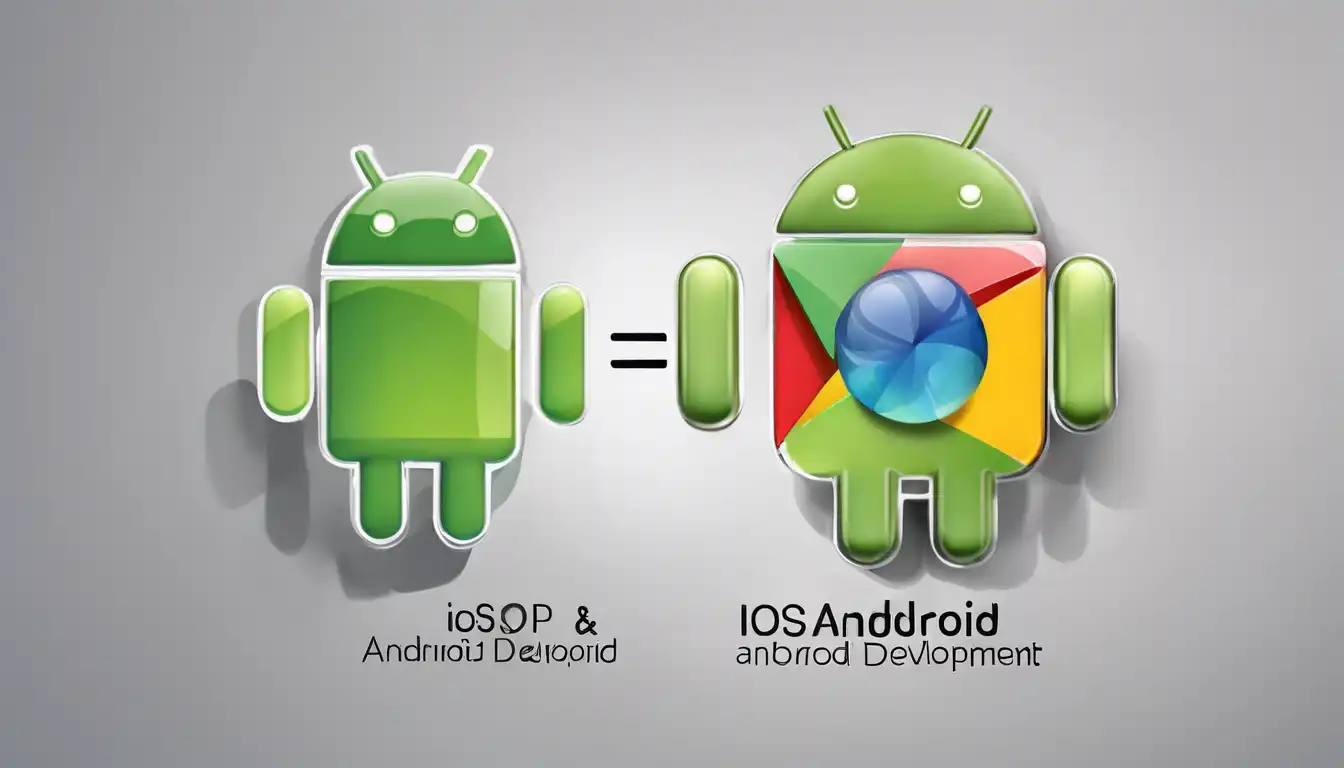Understanding iOS and Android Development
When it comes to mobile app development, iOS and Android stand out as the two dominant platforms. Each has its unique ecosystem, development tools, and user base. Understanding the differences between iOS and Android development is crucial for developers aiming to create successful applications.
Development Languages
One of the primary differences lies in the programming languages used. iOS development primarily uses Swift or Objective-C, while Android development relies on Java or Kotlin. Swift and Kotlin are both modern languages designed to be more efficient and easier to use than their predecessors.
Development Environments
iOS developers use Xcode, Apple's integrated development environment (IDE), which is only available on macOS. Android developers, on the other hand, use Android Studio, which is available on multiple operating systems including Windows, macOS, and Linux.
User Interface Design
iOS and Android have different design philosophies. iOS follows Apple's Human Interface Guidelines, emphasizing simplicity and elegance. Android adheres to Material Design principles, focusing on a more flexible and adaptive design that works across a wide range of devices.
Fragmentation
Android's open nature leads to fragmentation, with a wide variety of devices, screen sizes, and operating system versions in use. iOS has less fragmentation, with a limited number of devices and quicker adoption of the latest OS version.
App Store vs Google Play
Publishing apps also differs between the two platforms. The Apple App Store has a more stringent review process, which can delay app launches but ensures higher quality. Google Play has a more open approach, allowing for quicker releases but with less quality control.
Monetization Strategies
Monetization strategies can vary between iOS and Android. iOS users tend to spend more on apps and in-app purchases, making premium apps more viable. Android's larger user base makes ad-supported free apps more common.
Conclusion
Choosing between iOS and Android development depends on various factors including target audience, monetization goals, and development resources. By understanding the key differences, developers can make informed decisions that align with their project goals.
For more insights into mobile development, check out our articles on App Development Trends and Mobile Technology Innovations.
